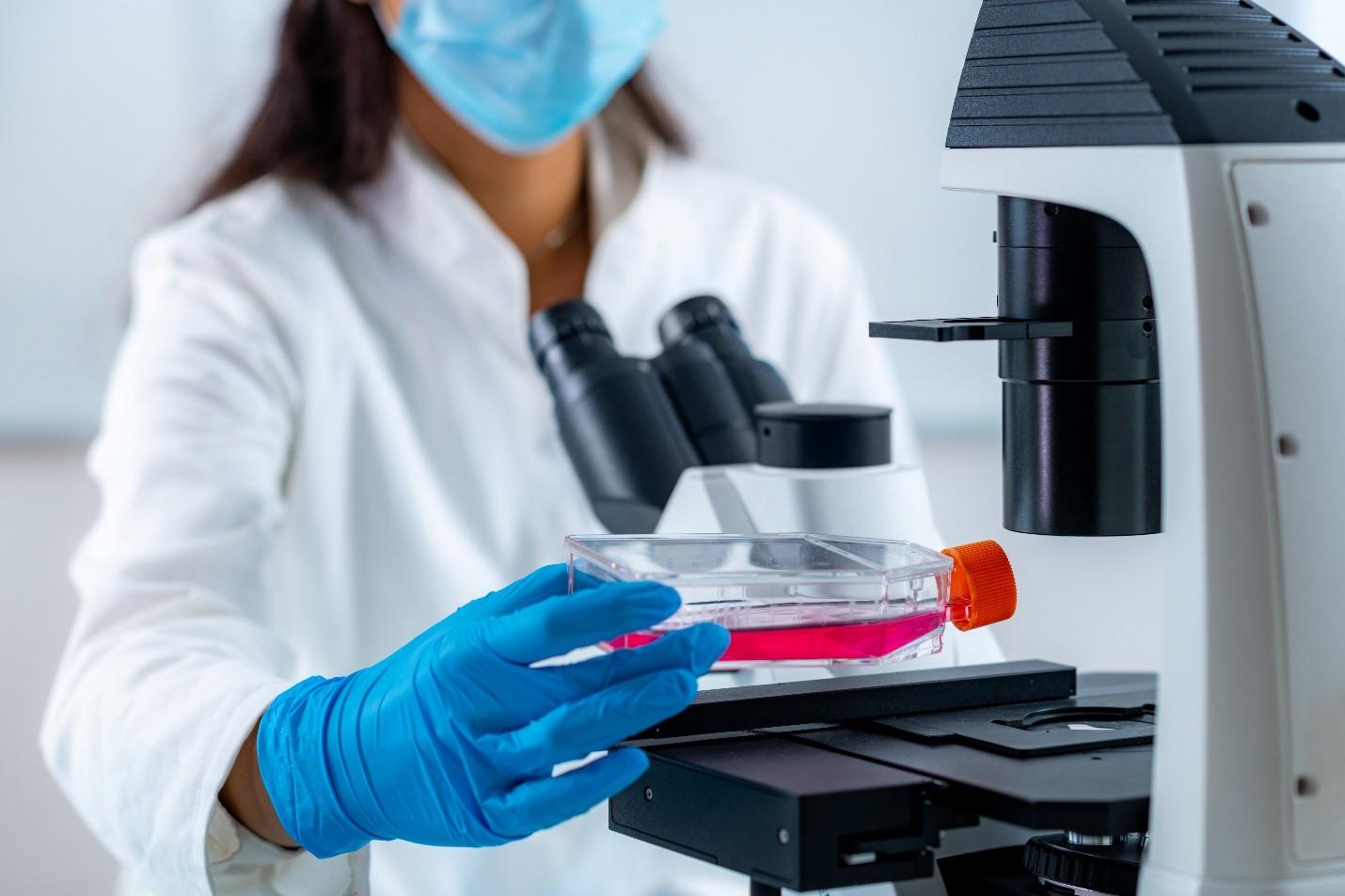NextGen Bioprocess for Cell and Gene Therapy


Cell and gene therapy hold enormous potential for revolutionizing healthcare. New treatment methods for cancer, heart disease, and disorders of the blood and immune system using these innovative approaches are poised for mainstream alternatives to traditional medicine.
Research in the field of cell and gene therapy is rapidly advancing, leading to therapies that slow the progression of diseases and even cure them. New disease targets continue to emerge in the absence of effective treatments for incurable conditions such as HIV, Lupus and Multiple Sclerosis. While the science behind cell and gene therapy has evolved exponentially, the development of a scalable, digitally-reproducible cell culture manufacturing process presents a substantial bottleneck in realizing the full benefit of these life-saving therapies. CellPort Software solves the difficulty of scalability in tech transfer through bioprocess digitalization.
Upcoming Webcast with CellPort Software:
“Digital Transformation of Cell Culture, Cell Manufacturing, and Cell Banking”
- Date: March 24, 2022 1:00 EST
- Presenter: Patrick Dentinger , CEO, CellPort Software
Complex Challenges in Bioprocess Scale-up
The tremendous progress being made in the development of potential cell-based therapies is hindered by the complexities involved in the cell manufacturing process. Large-scale expansion from laboratory scale protocols can be a daunting task due to the high variability of biologically-based starting materials, scientists’ techniques, and a multitude of parameters affecting cell proliferation and viability throughout the process.
Factors such as cell type, bioreactor design, and growth conditions also have a dramatic effect on the overall yield in industrial bioprocess — an estimated 50% of all preclinical research in the U.S. is not reproducible, and 36% of that irreproducibility stems from biological reagents and reference materials, including cells, creating significant financial risk to biopharma companies.
When one considers all of the elements involved in bringing a cell culture process from the initial growth of the cells in a small-scale lab, to an industrial scale manufacturing facility, all the way through to the final therapy, minimizing variability within the process becomes crucial to maximizing product quantity and quality without losing the ability to reproduce results.
Bioprocess Optimization Through Digitalization
Planning a successful commercial scale process for biopharmaceutical production starts in the laboratory. Digitalizing the upstream workflow provides the platform for automation, standardization, and optimization of critical components within the R&D process, beginning with early stage research, enabling digital reproducibility that can be carried all the way through downstream manufacturing.
CellPort Software revolutionizes cell-based manufacturing by digitalizing Standard Operating Procedures (SOPs) to ensure consistency, compliance, auditability, and visibility for improved operational efficiency and effectiveness that cannot be achieve with manual protocols and legacy systems.
The CellPort Cell Culture Suite focuses on managing all cell-based assay workflows, activities, equipment, materials, personnel, data/calculations, locations and projects used in most experimental and biomanufacturing situations through a compliant, cloud-based SaaS application. Standardizing operating procedures across the R&D process creates the predictability necessary for cell and gene therapy development and manufacturing by managing the major sources of variation in assay execution:
- Scientist/Operator Technique
- Staff Knowledge and Training
- Equipment Calibration
- Ambiguous Assays
- Origina and Lilfetime of Materials
- Cells and Cell-based Calculations
Navigating the Regulatory Compliance Landscape for Biologicals
Guidelines for the manufacture of cell-based therapies are changing as quickly as the science itself. Manual, disconnected systems and workflows introduce inefficiencies into the manufacturing processes and are not sustainable practices for achieving compliance against the rapidly evolving regulatory landscape for the production of biologicals.
The 21 CFR Part 11-compliant CellPort Culture Suite supports FDA audits and submissions by converting paper-based SOPs or protocols into executable, reusable, version-controlled workflows. Each time a workflow is executed in the platform, the version of the workflow used and the data it collected is stored as part of an audit trail, which includes barcodes entries to enable full traceability of equipment and materials and reduce manual transcription errors.
Summary
The CellPort Software low code SaaS platform provides a flexible and extensible framework that spans research, GLP, and GMP settings, and enables the rapid adaptation of laboratory workflows in the process development phase with secure and compliant transfer of the technology and protocols to a GMP bioprocess setting.
Enabling traceability, transparency, and transferability to the cell manufacturing process, CellPort Culture Suite has demonstrated proven success in supporting FDA submissions and was shown to have a major impact on the speed and outcome of routine FDA audits.
Why it Matters for You
A successful commercial scale bioprocess model starts with a digitally connected laboratory. Automating, standardizing, and optimizing the R&D process, beginning with early stage research, enables digital reproducibility that can be carried all the way through downstream manufacturing. In this blog we discuss how to bridge the cell culture manufacturing gap in the following ways:
- Standardizing operating procedures across the R&D process creates the predictability necessary for cell and gene therapy development and manufacturing by managing the major sources of variation in assay execution.
- CellPort Cell Culture Suite supports the elicitation and definition of R&D, GLP and GMP assays and their execution, monitoring, reporting and compliance.
- CellPort Software has industry proven acceptance by the FDA and MHRA regulatory agencies.
- CellPort Cell Culture Suite enables cell culture models for replacing human bioequivalent testing, IND drug transport studies, and GMP potency assay release testing.
About Astrix
For over 25 years, Astrix has been a market-leader in delivering innovative solutions through world class people, process, and technology that fundamentally improves scientific outcomes and quality of life everywhere. Founded by scientists to solve the unique challenges life sciences and other science-based business face. Astrix offers a growing array of strategic, technical, and staffing services designed to deliver value to clients across their organizations.













